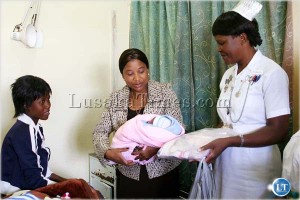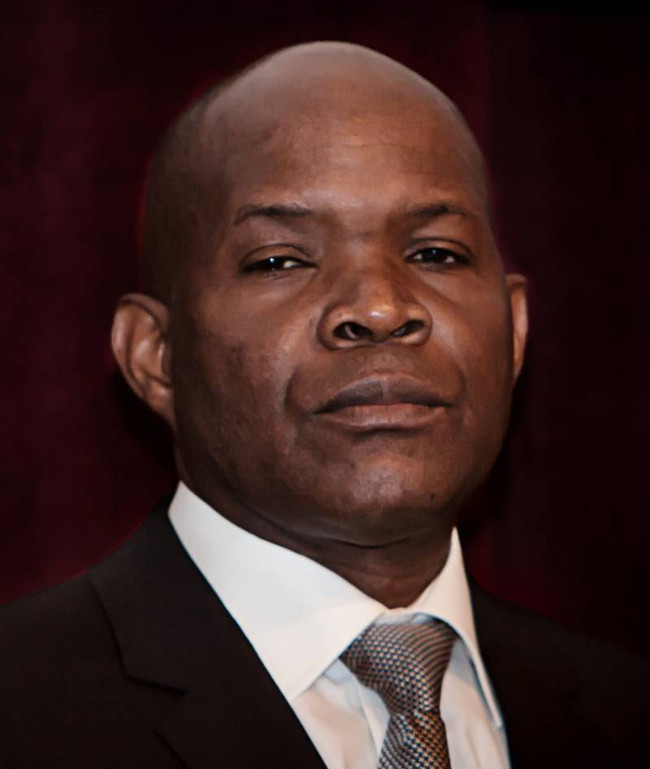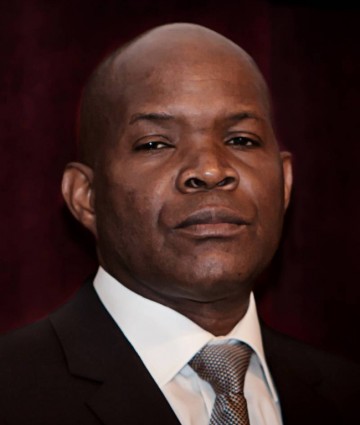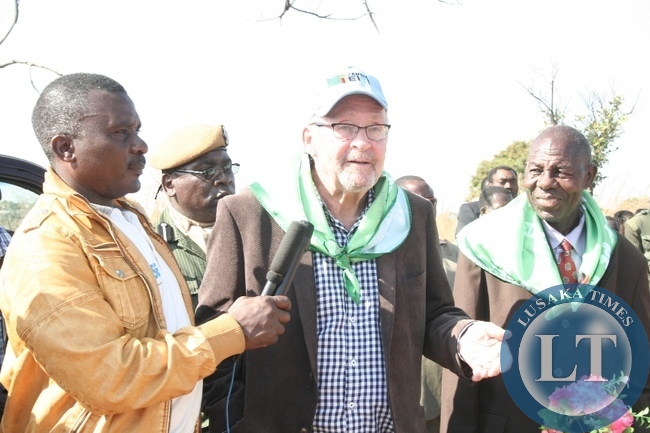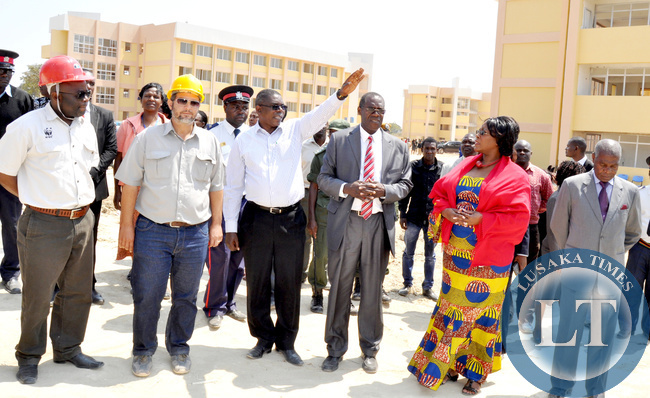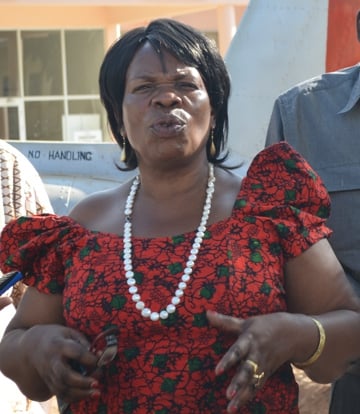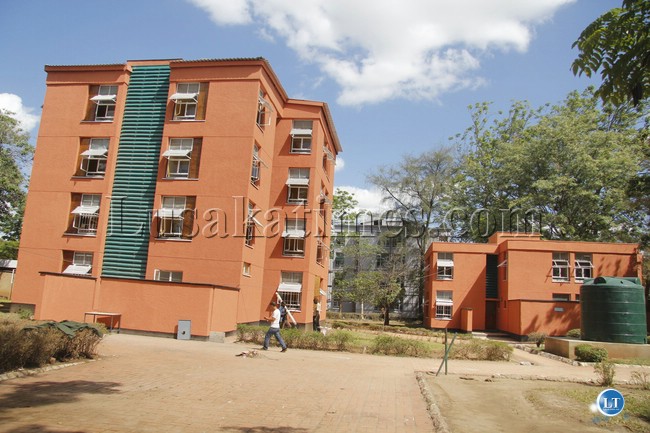Champions Nkana today seriously questioned contenders Zanaco’s title credentials after picking up a rare away win at Sunset Stadium in Lusaka.
Nkana came from 1-down in the first half to beat Zanaco 2-1 in the last eleven minutes of the second half.
Moses Phiri put Zanaco ahead in the 31st minute to silence Nkana in this end-to-end match at Sunset.
The match was briefly halted in the 72nd minute after Nkana fans threw missiles on the pitch.
However, when action resumed it was Nkana whom the brief interlude favoured and equalised in the 79th minute through Shadreck Musonda.
Ugandan import Tony Udor sealed the three points in the 82nd minute to hand Nkana their first league win under new coach Beston Chambeshi from four games in charge.
Nkana move to 32 points after the win while Zanaco’s lead has been cut from four to one point after Zesco United won 2-0 at home over Roan United at Levy Mwanawasa Stadium in Ndola.
Goals from Winston Kalengo and Justin Zulu in the 11th and 84th minutes respectively gave second placed Zesco the win.
Week 20
16/08/2014
Indeni 0-Green Eagles 1
Zesco United FC 2- Roan United 0
Green Buffaloes 1-Power Dynamos 1
Zanaco 1-Nkana 2
Nakambala Leopards 0-Napsa Stars 0
Kabwe Warriors 2-Konkola Blades 0
17/08/2014
Nchanga Rangers-Red Arrows
Konkola Mine Police-National Assembly
TABLE
[standings league_id=1]



